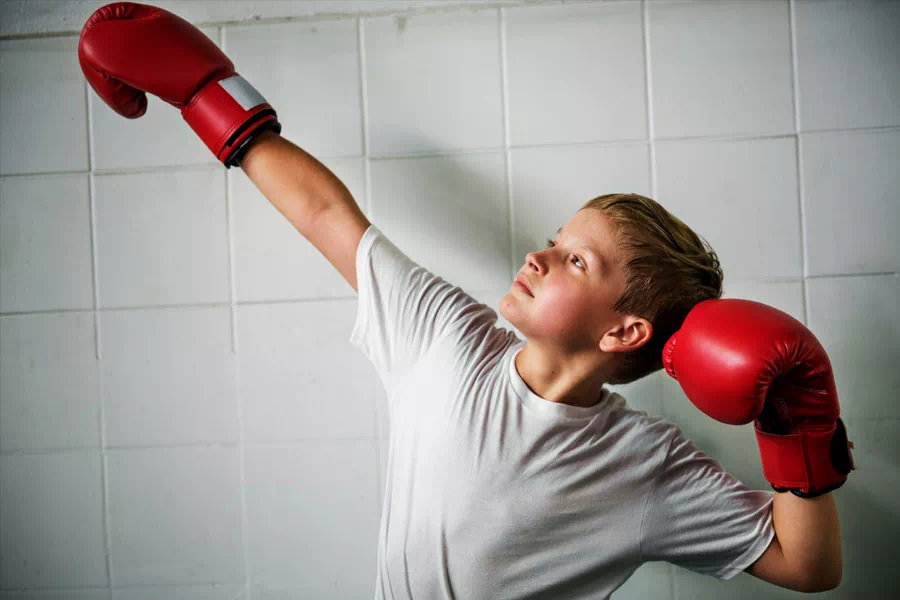The sport of boxing has proven to be a transformative force in the lives of individuals classified as NEETs (Not in Education, Employment, or Training) in the UK. While NEETs face various challenges in transitioning to education or employment, boxing offers a unique set of benefits that can contribute to their personal development, physical fitness, and overall well-being. This essay explores how the sport of boxing becomes a powerful tool in addressing the needs of NEETs, fostering discipline, confidence, and a sense of purpose.
Physical Fitness and Mental Health:
One of the immediate advantages of boxing for NEETs is its emphasis on physical fitness. Engaging in regular boxing training not only improves cardiovascular health but also enhances strength, agility, and coordination. Physical fitness is closely linked to mental well-being, and boxing provides an outlet for releasing stress and pent-up energy. The rigorous training routines and workouts inherent in boxing can positively impact the mental health of NEETs by reducing anxiety, depression, and improving overall mood.
Discipline and Structure:
For many NEETs, a lack of structure and discipline in their lives can be a significant barrier to personal growth. Boxing, with its structured training programs and rigorous routines, instills discipline in participants. The sport requires commitment to regular training sessions, adherence to a healthy lifestyle, and respect for coaches and fellow boxers. This disciplined approach fosters a sense of responsibility and structure, attributes that are often lacking in the lives of NEETs.
Building Confidence and Self-Esteem:
Boxing is not just about physical prowess; it also contributes to the development of mental resilience and self-confidence. As NEETs engage in boxing training, they face challenges that push their limits, both physically and mentally. Overcoming these challenges, whether in the form of mastering a new technique or enduring a tough sparring session, builds a sense of accomplishment. This newfound confidence extends beyond the boxing ring and can positively influence other aspects of a NEET’s life.

Teamwork and Camaraderie:
While boxing is often seen as an individual sport, many training programs and boxing gyms foster a sense of teamwork and camaraderie. NEETs, who may have felt isolated or disconnected from social structures, find a supportive community within the boxing environment. Working together with fellow boxers, sharing victories and defeats, creates a sense of belonging that is crucial for personal development. This camaraderie provides a support system that goes beyond the boxing ring, offering emotional and social support.
Conflict Resolution and Emotional Regulation:
Boxing requires a high level of emotional control and discipline. Training and sparring sessions can evoke intense emotions, ranging from frustration to excitement. Learning to channel these emotions in a constructive manner is a skill that NEETs can carry into various aspects of their lives. Boxing teaches effective conflict resolution, emphasizing the importance of maintaining composure in the face of challenges—a valuable life skill for NEETs navigating personal and professional relationships.
Goal Setting and Ambition:
Participation in boxing introduces NEETs to the concept of setting and achieving goals. Whether it’s mastering a specific technique, improving physical fitness, or participating in a competitive match, boxing provides a tangible framework for goal-setting. Achieving these goals, no matter how small, instills a sense of ambition and purpose. As NEETs experience success in the boxing arena, they are more likely to transfer these goal-setting skills to other areas of their lives, including education and employment pursuits.
Resilience and Perseverance:
The journey of a boxer is marked by setbacks, defeats, and challenges. Learning to cope with failure and bounce back from setbacks is an inherent part of the sport. This resilience-building aspect of boxing is particularly beneficial for NEETs who may have faced difficulties in the past. Boxing teaches individuals to persevere in the face of adversity, developing a mindset that is essential for overcoming obstacles in education, employment, and personal life.
Conclusion:
In conclusion, the sport of boxing emerges as a powerful instrument for addressing the needs of NEETs in the UK. Beyond its physical benefits, boxing offers a holistic approach to personal development, fostering discipline, confidence, and a sense of purpose. By providing structure, promoting teamwork, and instilling valuable life skills, boxing becomes a catalyst for positive change in the lives of NEETs. As individuals engage in the sport, they not only find a means of physical fitness but also discover a pathway towards personal growth and a brighter future.
